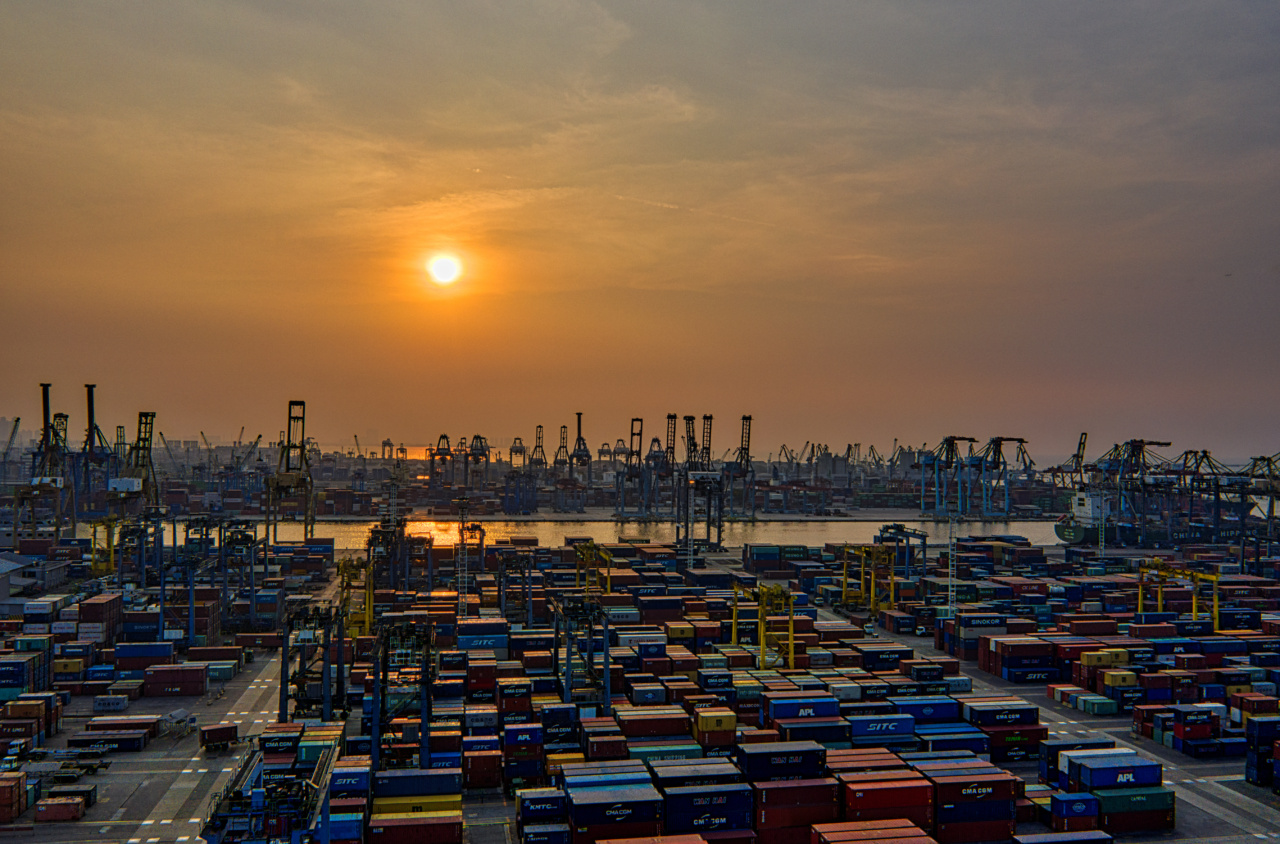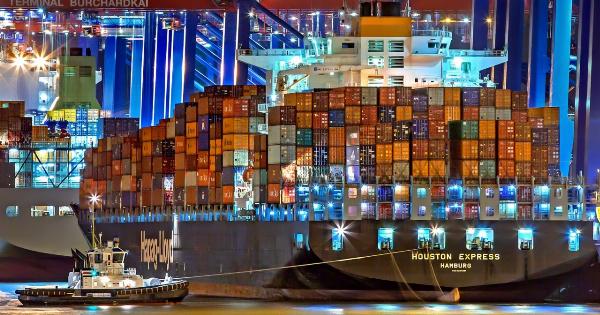The shipping industry plays a crucial role in the global economy, facilitating the transportation of goods across vast distances. Sea transport, in particular, is a vital mode for international trade, accounting for over 80% of global trade by volume.
However, inherent risks such as piracy, natural disasters, and accidents pose a significant threat to the industry. To safeguard against these risks, insurance contracts provide essential protection to both shipping companies and cargo owners.
This article explores the importance of insurance contracts in the sea transport industry and the ways in which they help mitigate risks.
The Need for Insurance in Sea Transport
Shipping involves numerous uncertainties, making insurance a necessity for all parties involved. Cargo owners, shipping companies, and financiers are exposed to a range of risks that could result in significant financial losses.
The perils of the sea, including storms, collisions, and sinking, can lead to the total loss of cargo and vessels. Additionally, instances of piracy, theft, and damage during loading and unloading operations further highlight the vulnerabilities of the industry.
Types of Insurance Coverage
Insurance contracts in the sea transport industry typically provide coverage for various risks. The following are the primary types of insurance coverage relevant to shipping:.
1. Hull Insurance
Hull insurance is designed to protect the vessel itself against physical damage or loss. This coverage includes damage caused by collisions, natural disasters, and other accidents.
It is essential for shipowners to secure hull insurance to mitigate the financial impact of vessel damage or total loss situations.
2. Cargo Insurance
Cargo insurance safeguards the goods being transported. It covers any physical loss or damage to the cargo during the entire journey, from origin to destination.
Cargo owners usually obtain this insurance to protect their financial interests and ensure compensation in case of loss or damage to their goods.
3. Liability Insurance
Liability insurance offers protection against legal claims and liability arising from accidents or incidents during shipping operations. It covers third-party bodily injury, property damage, wreck removal, pollution, and other related liabilities.
Shipowners and operators typically obtain this coverage to manage potential legal and financial risks.
4. War Risk Insurance
War risk insurance provides coverage against losses and damages caused by acts of war, terrorism, and related perils.
Given the global nature of sea transport and the potential exposure to geopolitical risks, war risk insurance is essential for shipping companies operating in regions prone to such conflicts.
5. Freight Insurance
Freight insurance protects the revenue of the freight forwarders and shipping companies. It provides compensation in case of non-payment by cargo owners or financial losses caused by canceled shipments, delays, or disputes.
Freight insurance ensures a steady cash flow for shipping companies and minimizes financial uncertainties.
The Role of Insurance Contracts
Insurance contracts in the sea transport industry serve several vital functions:.
1. Financial Protection
Insurance contracts provide much-needed financial protection to shipping companies, cargo owners, and other stakeholders.
By transferring risks to insurance companies, parties involved in the shipping process can mitigate the impact of potential losses and maintain their financial stability.
2. Risk Mitigation
Insurance contracts help mitigate risks by incentivizing shipping companies to implement best practices and improve safety measures.
Insurers often conduct thorough risk assessments before providing coverage, encouraging shipping companies to adopt risk mitigation strategies that enhance operational efficiency and reduce losses.
3. Compensation for Losses
In the unfortunate event of accidents or incidents resulting in physical damage or loss, insurance contracts ensure prompt compensation for affected parties.
This compensation plays a crucial role in minimizing the financial burden associated with vessel damage, cargo losses, or legal liabilities.
4. Facilitating International Trade
Insurance contracts facilitate the smooth functioning of global trade by providing the necessary security and trust. Cargo owners and exporters rely on insurance coverage to protect their goods and ensure seamless transactions.
The availability of insurance contracts helps reduce the perceived risks associated with sea transportation, encouraging international trade activities.
Challenges and Future Outlook
The sea transport industry faces evolving challenges that impact the insurance landscape. Increasing geopolitical tensions, climate change, and technological advancements pose new risks that require innovative insurance solutions.
Additionally, emerging trends such as autonomous vessels and blockchain technology have the potential to revolutionize the insurance sector within the shipping industry.
Conclusion
Insurance contracts play a crucial role in safeguarding the sea transport industry by providing essential financial protection, risk mitigation, and compensation for losses.
Hull insurance, cargo insurance, liability insurance, war risk insurance, and freight insurance collectively ensure the smooth functioning of global trade. By understanding the importance of insurance contracts in the shipping industry, stakeholders can navigate the inherent risks and challenges more effectively, fostering a secure and thriving sea transport ecosystem.



















